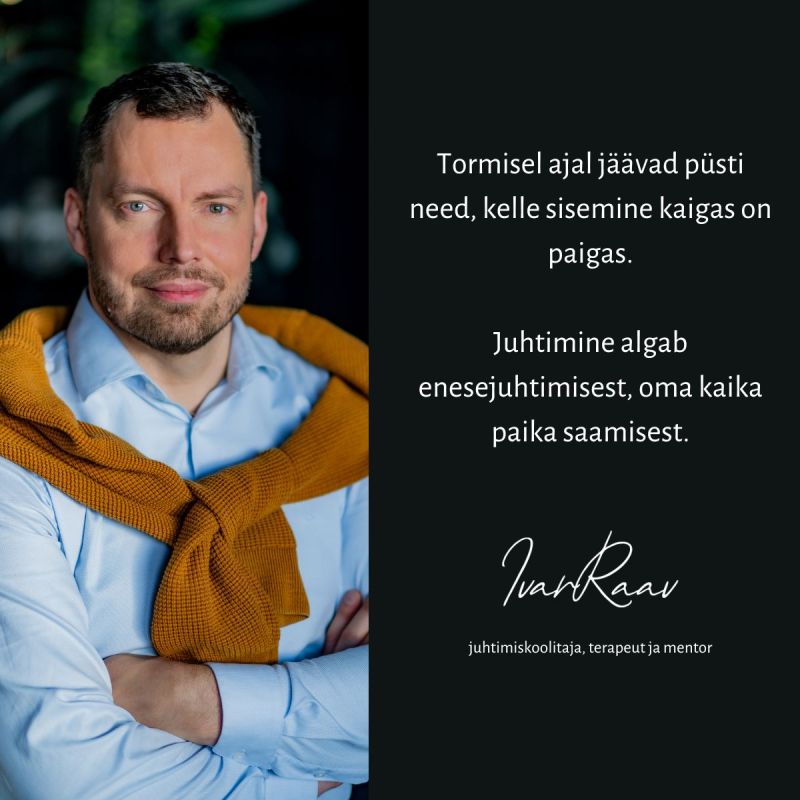Today, the world is built on organisations – workplaces, businesses, schools, hospitals, political associations, from media houses to housing associations.
Behind every organisation and team is a leader whose ideas, awareness and attitudes shape the environment. Taken together, the entire leadership community has a huge impact on society as a whole – on the physical and mental environment around us. What a manager does and does not do is the environment for all employees, as well as for consumers and customers. The manager’s impact on results is overestimated, on people underestimated.
And this begs the question: how self-aware are leaders?
🔹 A manager who has not dealt with his inner world and unconscious patterns projects his fears, traumas and shadows onto his team and through them to his clients.
🔹 When a leader is afraid of losing control, he or she creates a micromanaging and intimidating culture that is passed on.
🔹 If a manager feels inadequate, he or she will start to compensate through over-dominance or competition, and financial metrics become unrealistic.
True leadership is not control, but awareness. External leadership starts with internal leadership. It starts with the leader’s own inner world – his ability to manage himself, to notice and change his patterns, to heal them by looking at them with courage.
This leads to the question: what could governance look like in 10-20 years’ time?
🔹Less managing others, more managing yourself. Organisations don’t need bosses, they need inspiring shared dreams and a sense that together we are making each other’s dreams come true.
🔹The profit/money economic model is being replaced by an economic model where the most important thing is to deliver the best quality, to deliver personalisation, to deliver a relationship. Profit is simply a consequence.
🔹Trauma-informed leadership, where leaders understand how the past influences decisions and behaviours, create a healthier work environment, heal their past and therefore become more confident in the present and move into the future.
🔹Acceptance of temporality and the realisation that human beings are not the pinnacle of nature.
🔹Work doesn’t have to be a place where people burn themselves out to make a profit or cut costs. Work is a place where people can grow and contribute to each other.
The leader of the future does not manage people, let alone processes – he or she creates a space where people can manage themselves, and dares to hand over processes to the machines we have so painstakingly created together.
Even if it sounds utopian at times, this is the contribution I can make to the world, so that we can gradually find a better balance between being human and being a machine.
We are in a transition phase, we see that the current models no longer work, we are trying to hold on to them with ten fingernails and keep them under control, but ….
… in stormy times, those who are better able to stay upright are those who have their inner arc in place, who have engaged with their core. Those who have dealt with their inner state.

